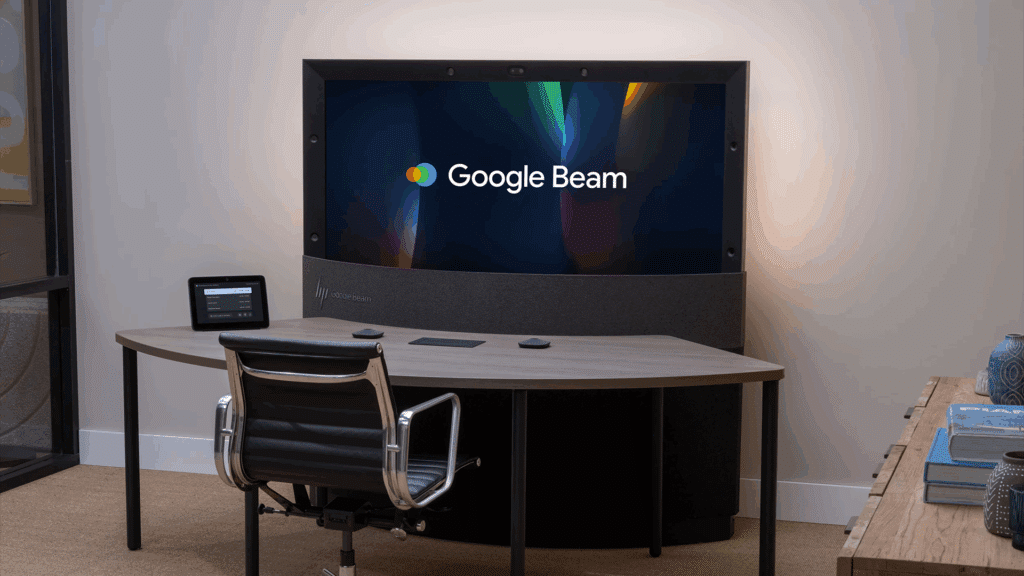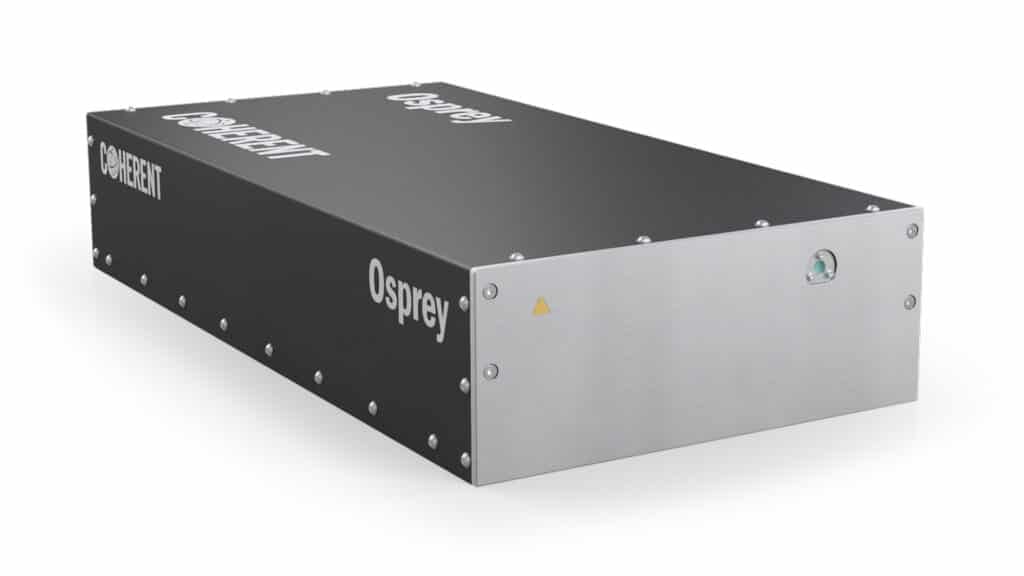The News: Rockwell Automation and Microsoft announced the two organizations are combining technologies to add Microsoft’s Azure OpenAI Service into Rockwell Automation’s FactoryTalk Design Studio, which is designed to help engineers generate code using natural language prompts, automate routine tasks, and improve design efficiency.
You can read more about the partnership within a press release hosted on Microsoft’s website.
Rockwell Automation and Microsoft Bring AI to Industrial Automation
Analyst Take: Rockwell Automation and Microsoft announced that they are combining technologies to assist customers building industrial automation systems. The first outcome of this collaboration will encompass the incorporation of Microsoft’s Azure OpenAI Service into FactoryTalk Design Studio to assist engineers with generating code via the use of natural language prompts, automating routine tasks, and improving design efficiencies. According to the companies, generative AI tools will also empower seasoned engineers to accelerate development and mentor newcomers on a learning path more efficiently and effectively and will assist in finding relevant help from vast collections of information to further educate developers.
The use of AI within the manufacturing and industrial vertical is on the rise, according to data from the Futurum Group’s Artificial Intelligence & Data Analytics IQ Dashboard. Global AI software and cloud compute revenue from within the manufacturing and industrial vertical is projected to reach nearly $4.4 billion annually in 2027, up from $1.8 billion in 2022.
Expanding the Range of Generative AI Use Cases
According to the two companies, Azure OpenAI technology eventually might be used to solve other challenges using industrial automation, including quality management and improvement, failure mode analysis, and frontline worker training to execute manufacturing processes through chat-based collaboration with experienced human workers as well as Azure OpenAI Service-based chatbots. This area is another one in which companies are investing in AI, with the Futurum Group projecting that AI software and cloud compute revenue used for quality assurance purposes will reach $3.3 billion in 2027 annual revenue, up from $1.3 billion in 2022.
The use of generative AI for improving industrial automation could be a significant catalyst for greater efficiency and productivity. These tools provide a more intuitive way to model complex data sets and put AI within reach of plant workers and manufacturing engineers, who are well versed with everyday production requirements and process challenges but might not have the skill sets in mathematics and complex modeling.
Indeed, while a manufacturing execution system (MES) can provide detailed operation metrics via a dashboard, factory maintenance workers might struggle to quickly analyze the findings to take a particular action or have challenges further drilling down into that data to gather more granular information. By using generative AI and natural language to allow that worker to query for the information sought, greater operational efficiency and insights can be surfaced without requiring a data scientist to analyze or interpret real-time data being generated by manufacturing or industrial equipment.
Some of the key industrial automation generative AI use cases that are likely to be deployed in the near term include:
- Repetitive Task Elimination: Generative AI can be used to eliminate repetitive tasks that divert workers’ attention away from more complex or critical tasks.
- Continuous Operations: Using generative AI to allow plant floor personnel to query the MES to quickly identify a particular machine that is operating outside of its normal specification, and then help the workers identify the optimal real-time adjustments to prevent downtime or quality issues.
- Maintenance Support: Generative AI may be used as a maintenance assistant, allowing shop floor personnel with maintenance tasks by digitizing paper instruction manuals and using AI to surface the relevant step-by-step, real-time instructions based on the problem at hand instead of requiring workers to search for solutions manually.
Ultimately, the industrial automation-focused announcement from Rockwell Automation and Microsoft might be a sign of the next phase of generative AI, where the technology is deployed beyond the contact center or office productivity worker. Enterprises that take a holistic, company-wide view of how generative AI can be applied across a variety of use cases and processes are likely to generate ROI quickly, as the principles behind the technology are clearly repeatable and scalable.
Disclosure: The Futurum Group is a research and advisory firm that engages or has engaged in research, analysis, and advisory services with many technology companies, including those mentioned in this article. The author does not hold any equity positions with any company mentioned in this article.
Analysis and opinions expressed herein are specific to the analyst individually and data and other information that might have been provided for validation, not those of The Futurum Group as a whole.
Other insights from The Futurum Group:
Microsoft Q1 2024 Earnings Outperform Expectations
Microsoft Viva Launches AI-Driven Skills Service; Viva Amplify Now Available
Microsoft Copilot Will Be the AI Inflection Point
Author Information
Keith Kirkpatrick is Research Director, Enterprise Software & Digital Workflows for The Futurum Group. Keith has over 25 years of experience in research, marketing, and consulting-based fields.
He has authored in-depth reports and market forecast studies covering artificial intelligence, biometrics, data analytics, robotics, high performance computing, and quantum computing, with a specific focus on the use of these technologies within large enterprise organizations and SMBs. He has also established strong working relationships with the international technology vendor community and is a frequent speaker at industry conferences and events.
In his career as a financial and technology journalist he has written for national and trade publications, including BusinessWeek, CNBC.com, Investment Dealers’ Digest, The Red Herring, The Communications of the ACM, and Mobile Computing & Communications, among others.
He is a member of the Association of Independent Information Professionals (AIIP).
Keith holds dual Bachelor of Arts degrees in Magazine Journalism and Sociology from Syracuse University.





